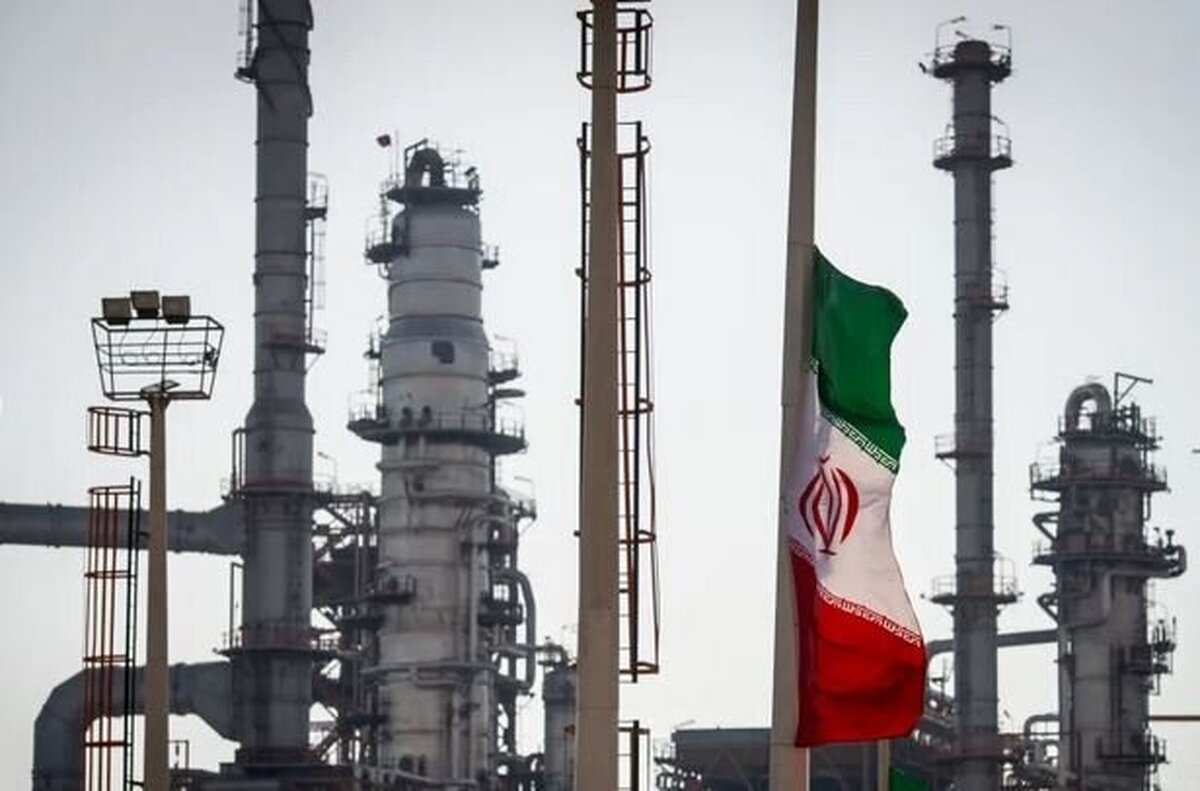
Green Growth Is Nowhere, Thanks to Subsidized Energy
EghtesadOnline: Consuming unlimited volumes of oil derivatives and gas for heating and not converting it to value added products means wasting national resources and imposing a heavy burden on future generations, a lecturer at Sharif University of Technology said.
“Substituting oil and gas with clean energy and using green power should be a priority to, among other things, get rid of the costly, wasteful and unsustainable energy subsidies,” ILNA quoted Hashem Oraee as saying.
Iran is the only country in the world where 20% of the annual GDP ($100 billion) is spent on energy consumption subsidies, Oraee recalled, and added that the world's total direct energy subsidies – including for fossil fuels –are estimated at $400 billion.
Oraee noted that supplying low efficiency power plants (20%) natural gas as feedstock is a clear indication that energy is neither valued nor conserved (in Iran).
“Gas should be converted to added-value goods in the key petrochemical sector instead of being wasted in Rey, Besat and Tarasht Power Plants that should have been decommissioned 20 years ago,” the teacher who also is head of the Renewable Energy Union said.
Of the five power stations in Tehran, three have efficiency levels less than 25% for more than two decades and this means 75% of what is fed as feedstock (gas) turns into heat and toxic emissions.
“Even if the power plants have higher efficiency (60%) the electricity they produce is wasted in homes for heating purposes without contributing to GDP.”
The professor, who chairs the Wind Energy Scientific Society, went on to say that shifting to renewables is fast becoming a norm in most countries (including oil-rich states) as they face massive ecological problems, namely global warming from fossil fuels.
However, in Iran the authorities still insist on constructing more thermal power plants and raising their efficiency from 20% to 30% with little action on expanding green power.
Iran's installed power capacity is 85 gigawatts, of which less than 1 GW comes from renewables such as solar and wind.
Iran’s northwestern neighbor Turkey is increasing electricity production from renewables that account for 13 gigawatts of the country's total power output of 89 GW. India’s renewable capacity is said to be 79 GW, Japan 32 GW while tiny UAE generates 15% or 8 GW of power from green resources.
“Iran’s annual gas consumption in the household sector has surpassed 200 billion cubic meters. Moving towards renewable energy can help reduce it to 40 bcm,” Oraee said and complained that those who decide energy policy in Tehran remain oblivious to simple arithmetic.
Almost 98% of Iran’s power production comes from oil derivatives and gas. This is while most countries are revisiting energy policies and moving towards renewables to reduce their CO2 footprint, cut costs and healthcare bills and save resources for future generations.
Failure to do likewise (divest from fossil fuel) means Iran’s energy crisis will exacerbate and over time become irreversible, he warned.
Unanswered Question
One highly disturbing issue is why natural gas consumption in 2020 rose 12% compared to 2019 and GDP has been of the descending order. “We wasted 12% more energy in 2020,” was Oraee’s alarming response.
He says part of the problem lies in not phasing out ageing and outdated thermal power stations which gobble massive amounts of gas to produce power at prohibitive cost.
“Selling one kilowatt-hour of power at 0.4 cent while the real cost, including production and transmission, is 8 cents conveys the message to consumers that they can go on wasting energy with impunity. This is a vicious cycle that cannot be stopped unless subsidies are abolished. Period.”
Elaborating the scale and scope of the energy crisis, he said, “Energy is the least valuable commodity in Iran because it is heavily subsidized and officials have hardly paid heed to crucial options to compel the people to rethink their high and rising consumption.”
--- Economic Welfare
Energy experts including Ali Shams Ardakani, a veteran economist, supports Oraee’s stance and says subsidized electricity has never and will never lead to sustainable development or the economic welfare of the people.
The former diplomat and government advisor, who is a strong opponent of cheap power tariffs, believes that subsidized power breeds corruption.
For instance, providing rural people in Urmia, West Azarbaijan, and Esfahan provinces heavily subsidized power encouraged them to dig more wells and the outcome was excessive extraction of groundwater reserves. One devastating consequence was that the world famous Urmia Lake and Gavkhouni Wetland dried up.


